The snow-capped peaks of the Kyrgyz Ala-Too range form a magnificent backdrop to Bishkek — visible from every corner of the city, they draw you in while you’re walking along Bishkek’s sun-baked streets. A number of valleys descend from the mountains towards the city. We made a short three-day trip into the Alamedin valley.
The vehicular part of the journey ends at “Tyoplye Klyuchi”, a Soviet-era sanatorium built above a natural hot spring. Since independence its gray concrete core, built in the gloomy Soviet tradition, has been supplemented by a number of yurts to give it a more homey feeling, and now it’s as popular as ever. From that point on a path winds its way up the valley, used during the weekends by holidaymakers from the city seeking a spot for a picnic, and the rest of the time by herders and trekkers making their way towards the green pastures and white peaks of the Kyrgyz Ala-Too.
We walked a little bit into the valley, set up camp, and stayed there for two days doing not a lot more than making short walks to collect firewood, and sharing in the earth’s bounty together with the local herds of sheep and goats — the mountain slopes were covered with fields of ripe blood-red wild strawberries, nature’s most delicious candy. Strawberry fields forever, indeed.
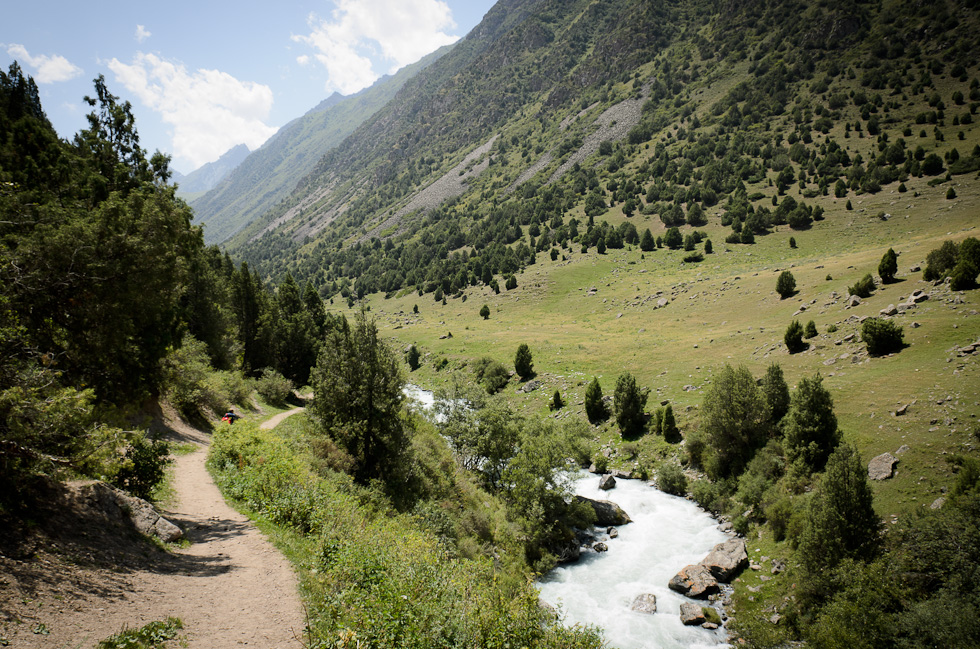
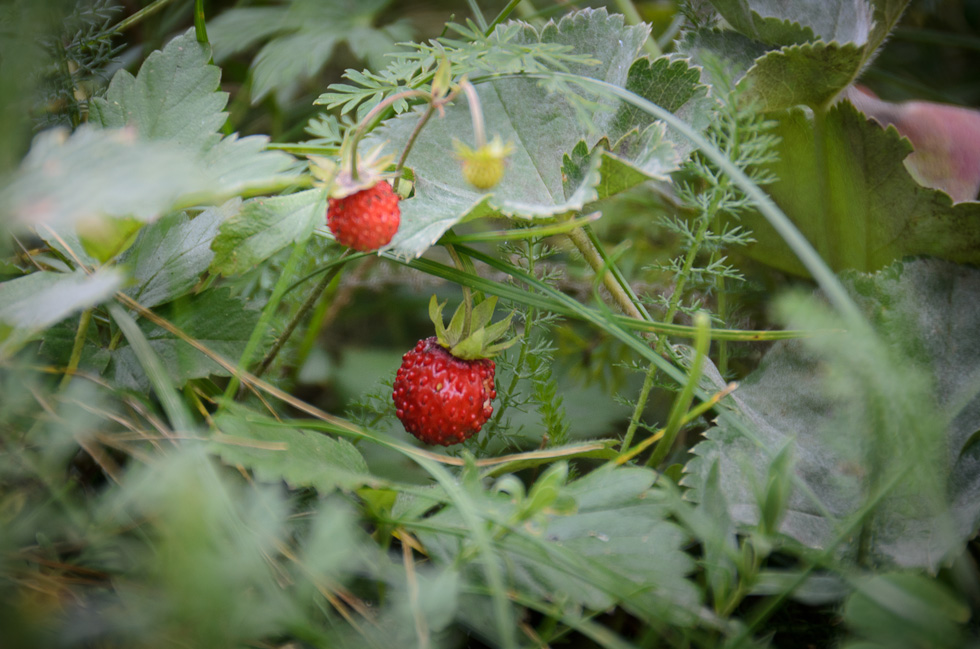
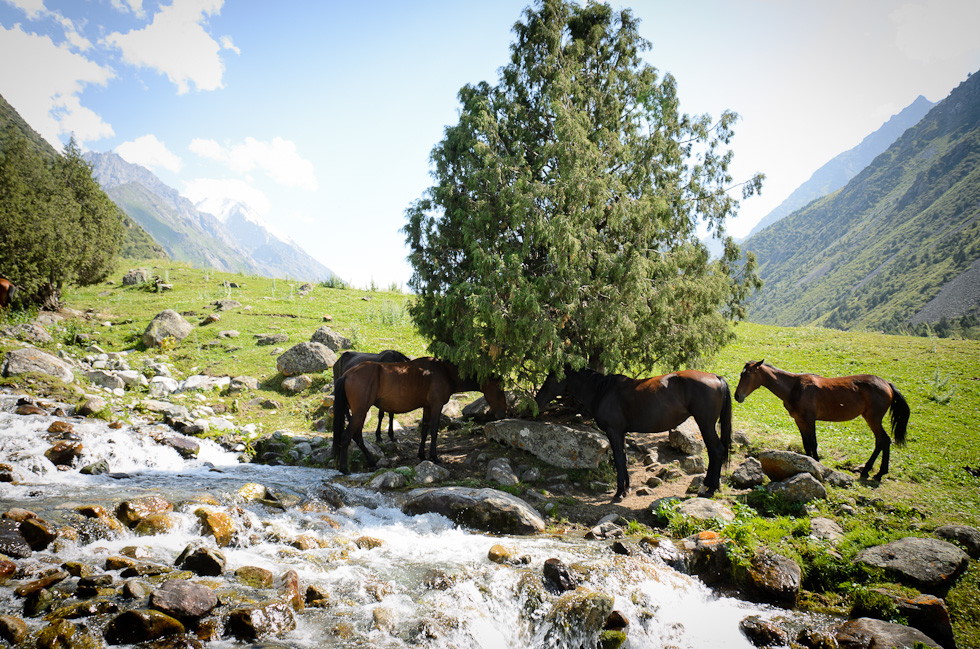
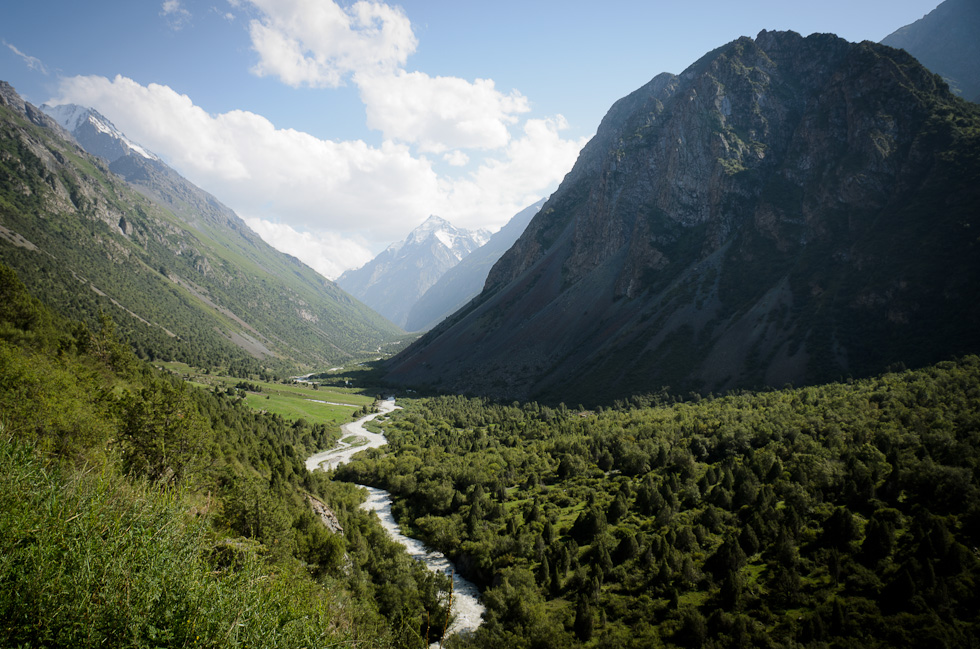

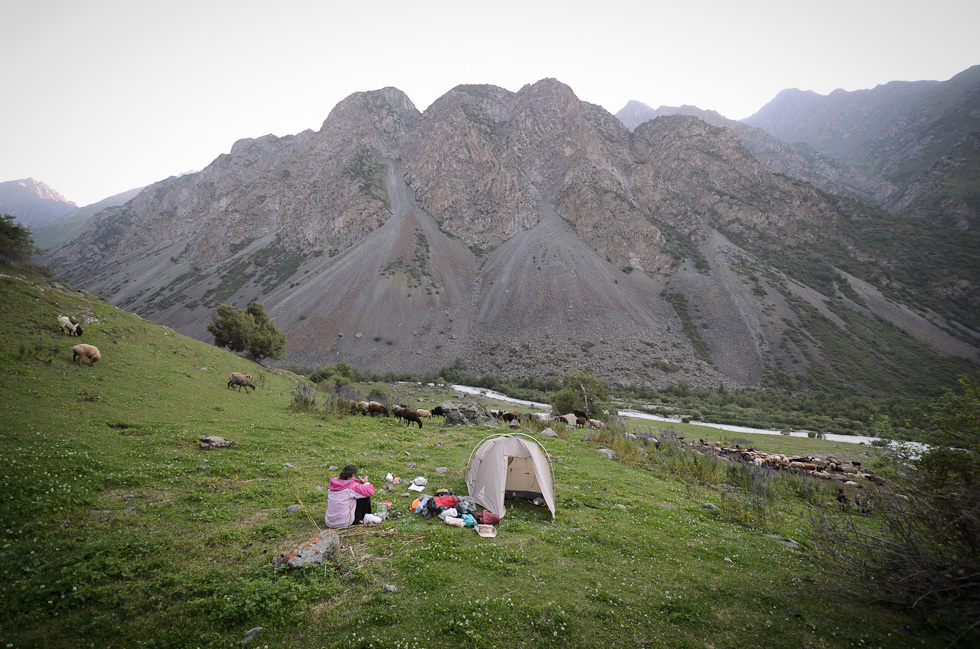

To make our way back we had to hitch a car. We didn’t expect, though, to be picked up by a brand new black Mercedes. The driver was a very friendly Kazakh who works in the embassy here in Bishkek. We lounged on his leather seats while he explained to us all about kumys, the fermented mare milk that is the national drink of both Kazakhstan and Kyrgyzstan. He drove here to buy it directly from the farmers, as he does every week, since the kumys that’s sold in the city is usually diluted.
We stayed another day in our hostel in Bishkek, and visited the bazaar to stock on supplies for our next journey. The fruits and vegetables here are simply amazing, full of taste, much more so than at home. The next day we took a minibus in the direction of lake Issyk-Kul.
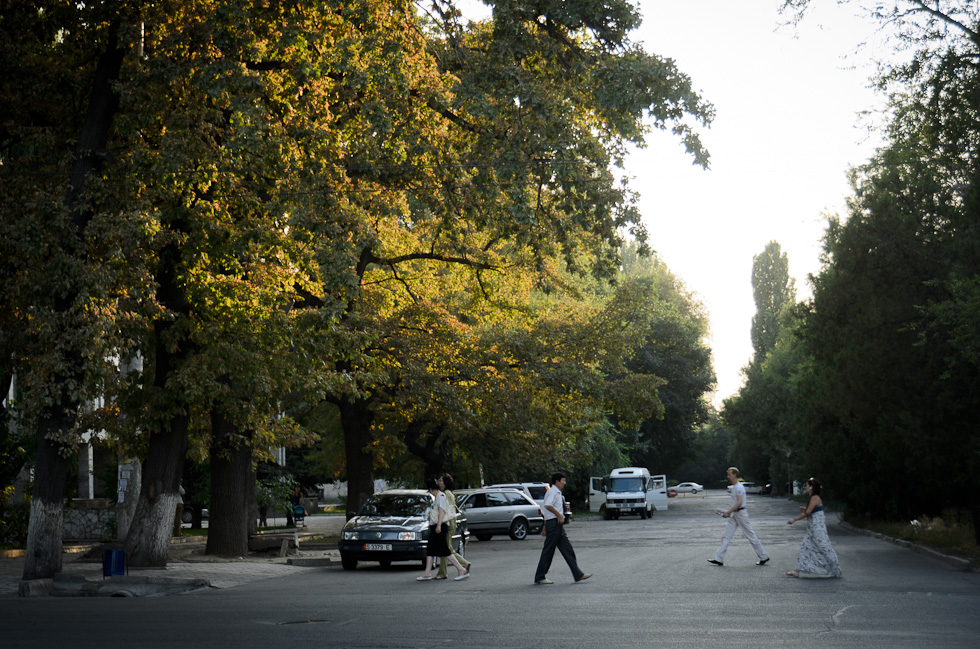
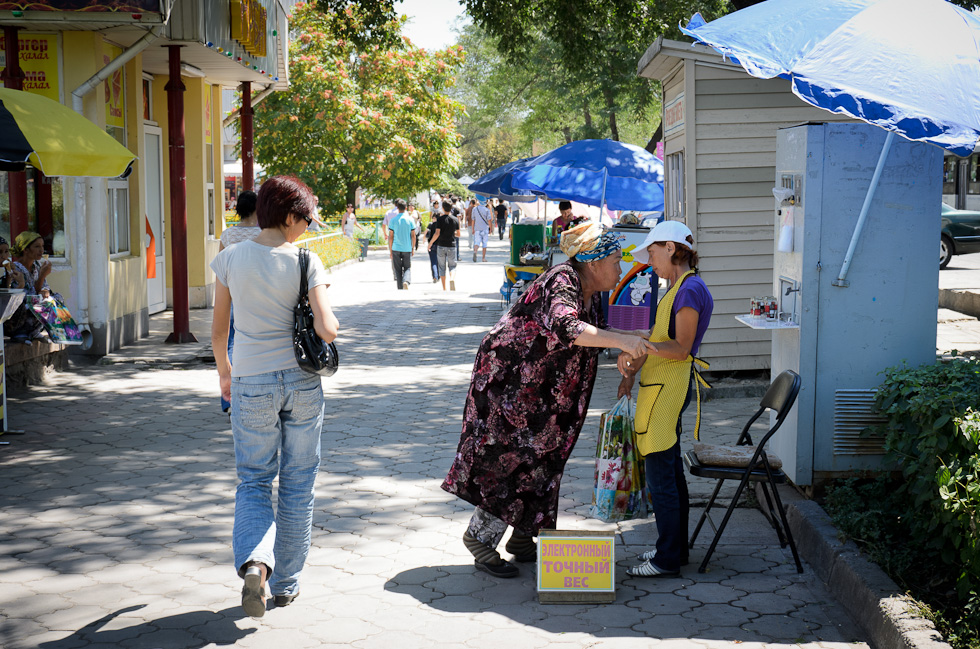
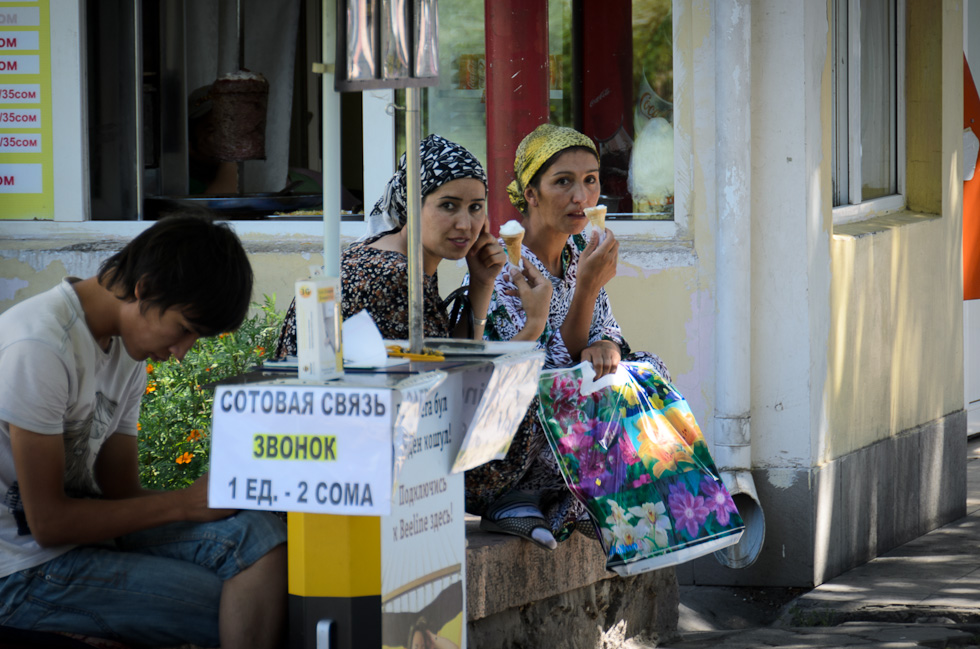
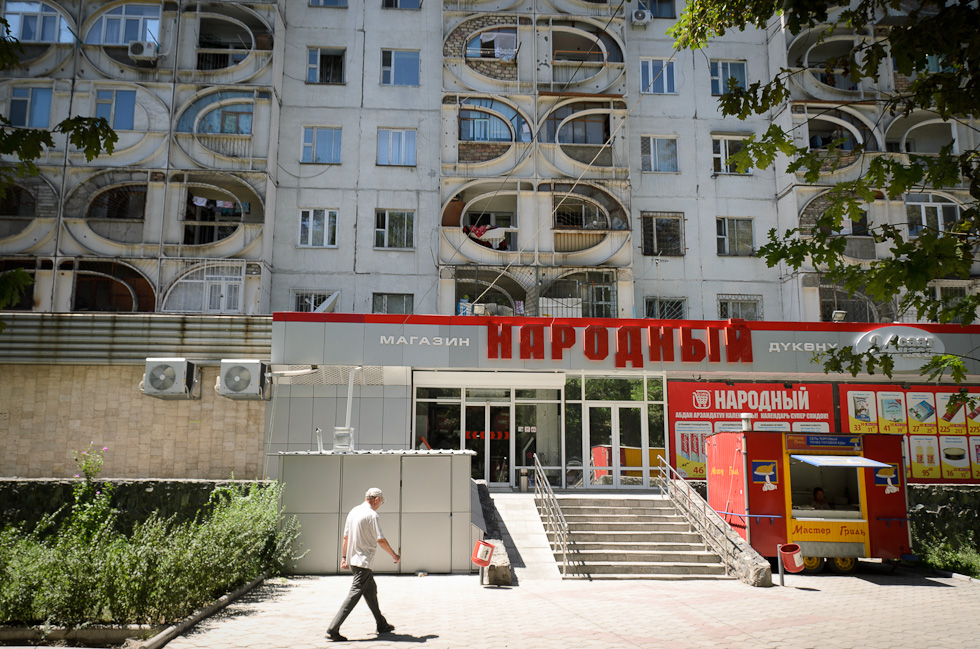
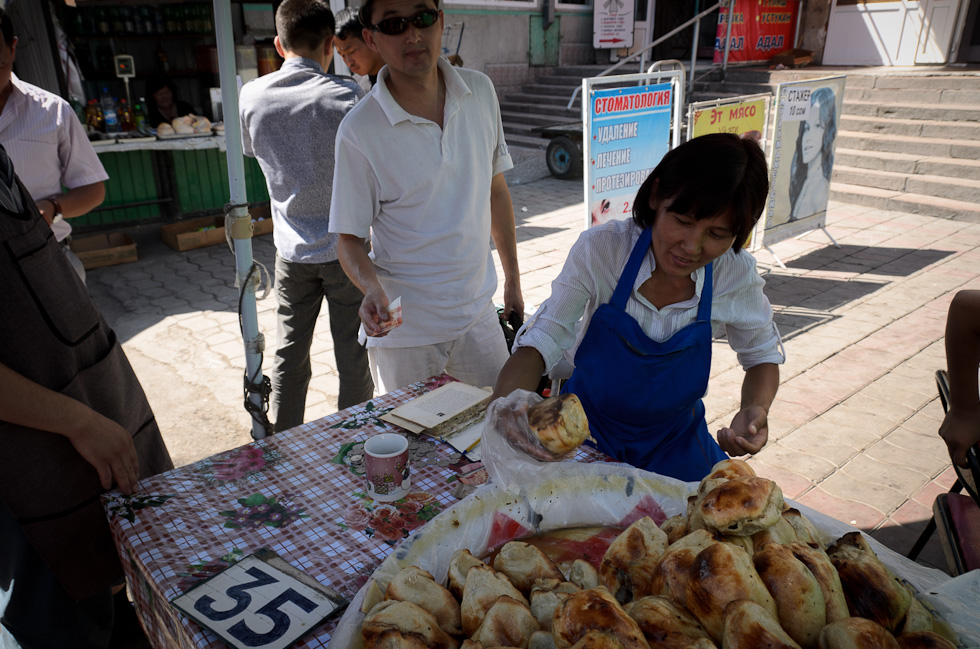

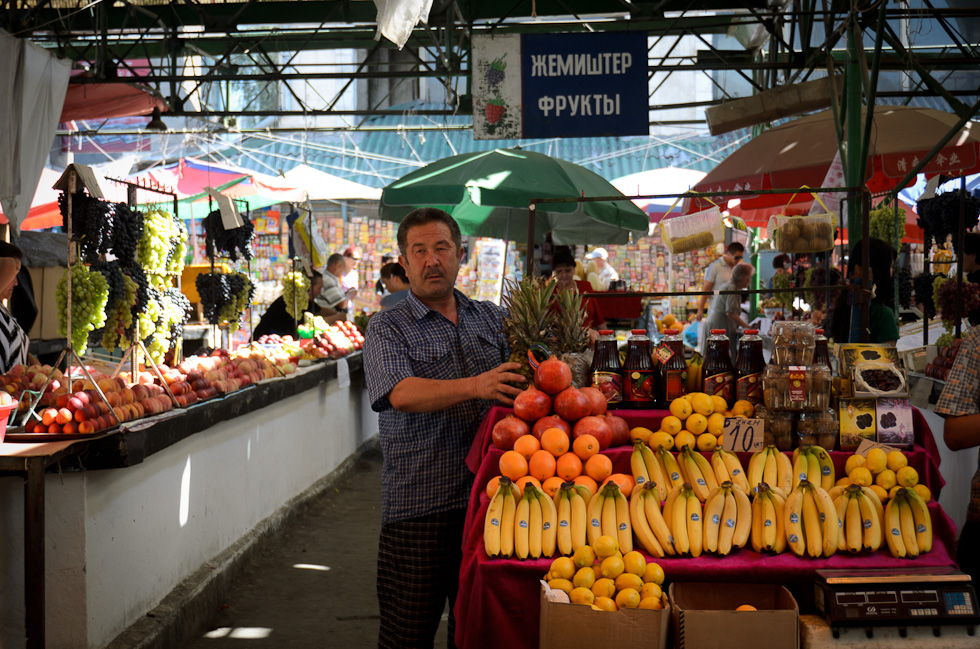
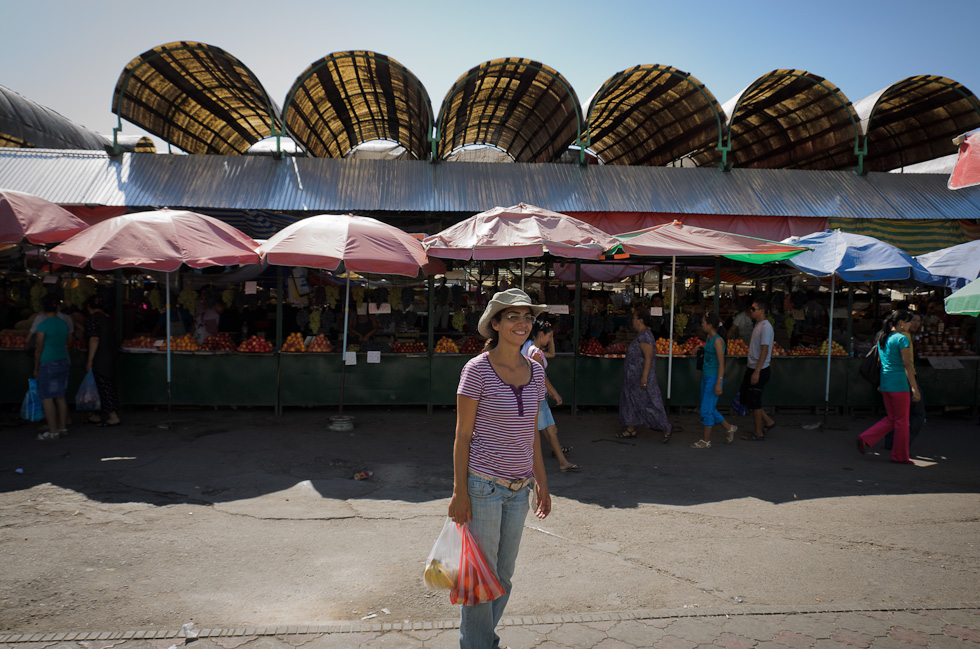
July 28, 2011